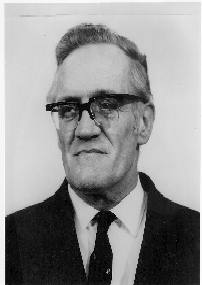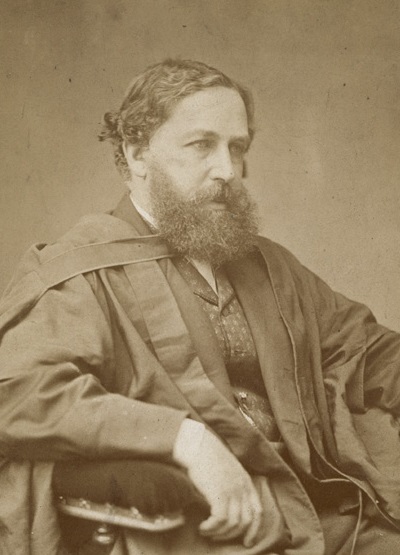Today In Computing

Margaret Hamilton was born this month!
Born: August 1, 1936
Margaret Heafield Hamilton is an American computer scientist, systems engineer, and business owner. She was director of the Software Engineering Division of the MIT Instrumentation Laboratory, which developed on-board flight software for NASA's Apollo program. She later founded two software companies—Higher Order Software in 1976 and Hamilton Technologies in 1986.
Birthplace: Paoli, Indiana, USA 🇺🇸
- Sources:
- Wikipedia

Tom Kilburn was born this month!
Born: August 11, 1921
Tom Kilburn was an English mathematician and computer scientist. Over the course of a productive 30-year career, he was involved in the development of five computers of great historical significance. With Freddie Williams he worked on the Williams–Kilburn tube and the world's first electronic stored-program computer, the Manchester Baby, while working at the University of Manchester. His work propelled Manchester and Britain into the forefront of the emerging field of computer science.
Birthplace: Dewsbury, United Kingdom 🇬🇧
- Sources:
- Wikipedia

Frederic C. Williams died this month.
Died: August 11, 1977
Sir Frederic Calland Williams was an English engineer and computer scientist. He worked on the development of Radar and the creation of the first electronic stored-program digital computer, the Manchester Baby. He also invented the Williams Tube, an early form of computer memory.
Birthplace: Stockport, United Kingdom 🇬🇧
- Sources:
- Wikipedia

William Jevons died this month.
Died: August 13, 1882
William Stanley Jevons was one of the most important economists and logicians of the 19th century. He helped bring scientific and mathematical process and rigour to the field of economics. Jevons also contributed to the field of computer science, in 1866 he designed and built the Logic Piano an early analogue computer.
Birthplace: Liverpool, United Kingdom 🇬🇧
- Sources:
- Wikipedia
- Rutherford Journal

Kateryna Yushchenko died this month.
Died: August 15, 2001
Kateryna Lohvynivna Yushchenko was a Ukrainian computer scientist, corresponding member of USSR Academy of Sciences, and member of The International Academy of Computer Science. She worked on MESM, the USSR's first programmable electronic computer, and in 1955 developed one of the world's first high-level programming languages called the Address Programming Language.
Birthplace: Chyhyryn, Ukraine 🇺🇦
- Sources:
- Wikipedia
- Ua Computing

Klara Dan von Neumann was born this month!
Born: August 18, 1911
Klára Dán von Neumann was a Hungarian-American self-taught computer scientist, noted as one of the first computer programmers. Shortly after the Second World War she helped program both the MANIAC I and ENIAC computers. Her work on ENIAC helped produce the first successful meteorological forecast on a computer. She married the famed polymath John von Neumann in 1938.
Birthplace: Budapest, Hungary 🇭🇺
- Sources:
- Wikipedia

Victor Glushkov was born this month!
Born: August 24, 1923
Victor Mikhailovich Glushkov was a Soviet mathematician, the founding father of information technology in the Soviet Union and one of the founding fathers of Soviet cybernetics.
Birthplace: Rostov-on-Don, Russia 🇷🇺
- Sources:
- Wikipedia